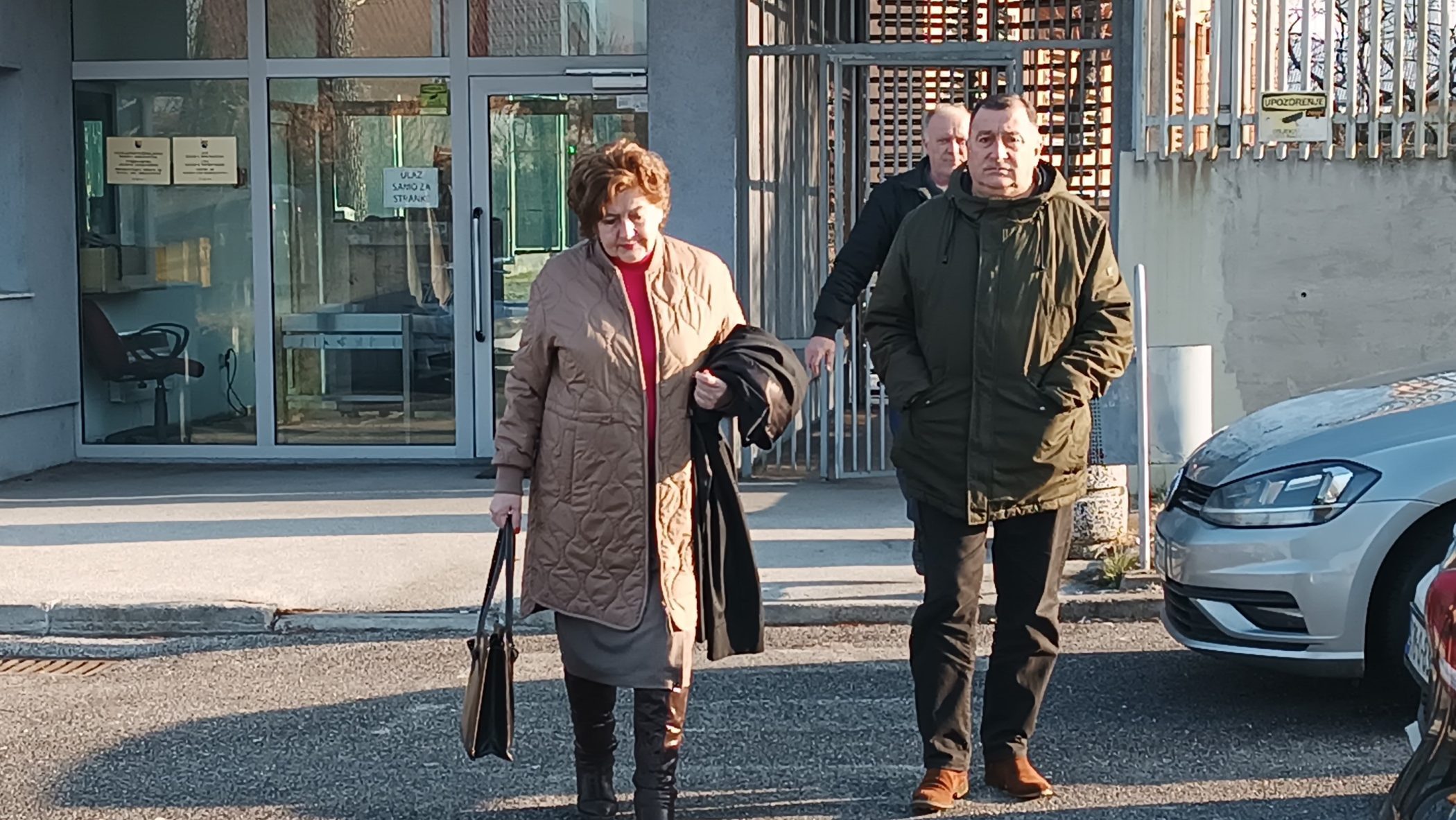Zdravko Bozic’s defence has requested the Court of Bosnia and Herzegovina to release Bozic, saying that there are “new facts” that could change the court’s previous decision to place him in custody.
“We ask that a higher degree of suspicion is required to show that our client committed the crime as charged. Also, the witnesses whom he might have allegedly influenced have already been heard,” defence counsel Dragica Glusac said.
The State Prosecutor’s Office has charged Zdravko Bozic, in his capacity as member of the Military Police of the Republika Srpska Army’s (RSA) Bratunac Brigade, with guarding the buses that transported men from Srebrenica to the school in Bratunac, where they were held.
The indictment charges another three military police members, Mladen Blagojevic, Zeljko Zaric and Zoran Zivanovic, with the same crime.
Explaining her motion, Glusac said it was indisputable that Zdravko Bozic was a member of the military police, but “he may not be put on trial only for being a member” because the prosecution failed to prove anything else.
“We are at the stage when the prosecution is presenting its additional evidence, and they are going to hear one foreign and one protected witness whose identity is not known to the defence. We do not see how Bozic could influence them,” Glusac argued.
As for the risk of Bozic escaping, the defence said that the United States extradited Bozic to Bosnia and Herzegovina and his documents were confiscated during this.
The US court decided to extradite Bozic after it established that he had not told the truth to immigration authorities about his military engagement during the war.
The prosecution objected to the defence’s motion because they thought that the circumstances under which Bozic had been put in custody had not changed.
“We are of the opinion that Bozic could influence the witnesses because after the prosecution presents additional evidence, the defence is entitled to present its additional evidence,” the prosecution said, explaining that the accused could also influence the accomplices because he was charged with a joint criminal enterprise.
The Court will rule on the motion at a later stage.

